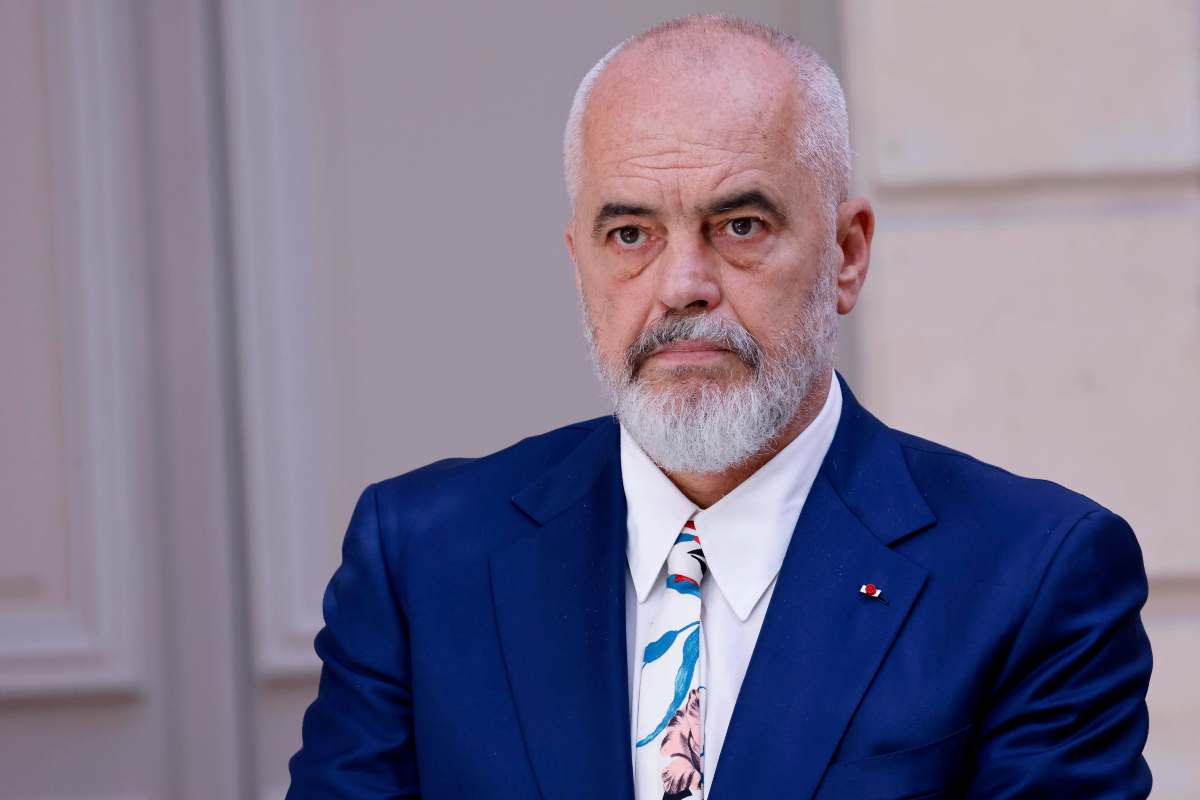PM Rama challenges SPAK’s priorities following Tirana mayor’s arrest

Prime Minister Edi Rama took to social media on Thursday morning to engage in yet another public discussion about the state of Albania’s justice system. During a live online exchange, Rama questioned the priorities of the Special Structure Against Corruption and Organized Crime (SPAK), particularly why there was an urgent need to arrest Veliaj despite the lack of substantial evidence, while cases like the January 21 killings remain on the back burner.
Why is this important: Veliaj’s detention has reignited longstanding concerns over whether SPAK is applying politically motivated double standards in high-profile cases. Rama pointed out that while Socialist officials have faced rapid legal action, major crimes such as the January 21, 2011 killings—where four anti-government protesters were shot dead and investigations were obstructed by the Berisha government of the time—remain unresolved, with no significant movement from SPAK to hold those responsible accountable.
Rama’s concerns: The perceived selectivity of SPAK has fueled accusations that Albania’s justice system remains influenced by political alignments, with important segments within SPAK and the judicial working to advance Berisha’s agenda, despite the Socialist Party being the main force behind the judicial reform that established SPAK in the first place.
Rama directly challenged why SPAK had treated the Veliaj case as an urgent priority, while other major cases involving serious crimes have been left to stagnate. He drew a direct contrast between Veliaj’s detention and the January 21 killings, in which state forces shot dead four protesters in broad daylight under former Prime Minister Sali Berisha’s government: “[There is] a great urgency to detain the Mayor of Tirana, but why is there no urgency for January 21, a monstrous crime where four people were killed?”
Rama questioned whether SPAK’s prosecutorial discretion is being exercised fairly, arguing that while there was no formal charge against Veliaj, SPAK still moved aggressively to secure his arrest. He implied that such legal actions can undermine public trust in justice, as they give the impression of selective targeting: “There is no charge against the defendant. These investigations can continue, no problem, but you don’t have to imprison someone, leaving an entire capital city without its leader.
Rama also pointed out that many democratic countries conduct investigations while allowing suspects to remain free, ensuring due process without unnecessarily disrupting governance. He suggested that SPAK should uphold the same standards, rather than rushing to impose detention without a trial: “Are democratic countries foolish? Why do they conduct investigations with suspects at liberty?”
On the independence of justice: Addressing criticism that he was interfering with justice, Rama emphasized that his comments were not an attack on SPAK, but a call for democratic standards to be upheld in judicial proceedings. He argued that it is the responsibility of institutions to ensure legal fairness, rather than allowing judicial decisions to be dictated by political narratives or media pressure.
“The era where the government-controlled justice is over, and today only an idiot could say that SPAK is a tool of the Socialist Party.”
He reiterated that his government had been the driving force behind judicial reform, and that SPAK’s credibility depends on ensuring impartiality rather than creating perceptions of bias.
On SPAK’s future: Rama reminded the public that while his government remains committed to justice reform, the Socialist Party is the only political force that has defended SPAK’s existence. He contrasted this with Sali Berisha’s declared intent to abolish SPAK if he returns to power: “If Edi Rama does not defend SPAK alongside the Socialist Party, forget about SPAK, you won’t have SPAK. Without Edi Rama and the Socialist Party, there is no SPAK—that is clear.”
However, he balanced his support by stating that SPAK must maintain fairness and democratic legitimacy, rather than being seen as targeting one side of the political spectrum: “Support for justice cannot come at the expense of democratic standards.”
What else: On Wednesday evening the Special Court Against Corruption and Organized Crime (GJKKO) upheld the “arrest in prison” measure for the Mayor of Tirana, rejecting his legal team’s request for a more lenient measure. Meanwhile, the court modified the detention conditions for Veliaj’s wife, reducing her measure from house arrest to a requirement to report regularly to authorities, while imposing a travel ban.
What’s next: The debate over SPAK’s impartiality is expected to intensify, as Veliaj’s legal team prepares to appeal the ruling. Meanwhile, Rama’s push for “democratic standards” in justice is likely to provoke further reactions from SPAK and judicial oversight bodies. With elections approaching, SPAK’s credibility, the balance of power in the judiciary, and justice reform are set to dominate Albania’s political landscape in the coming months.


